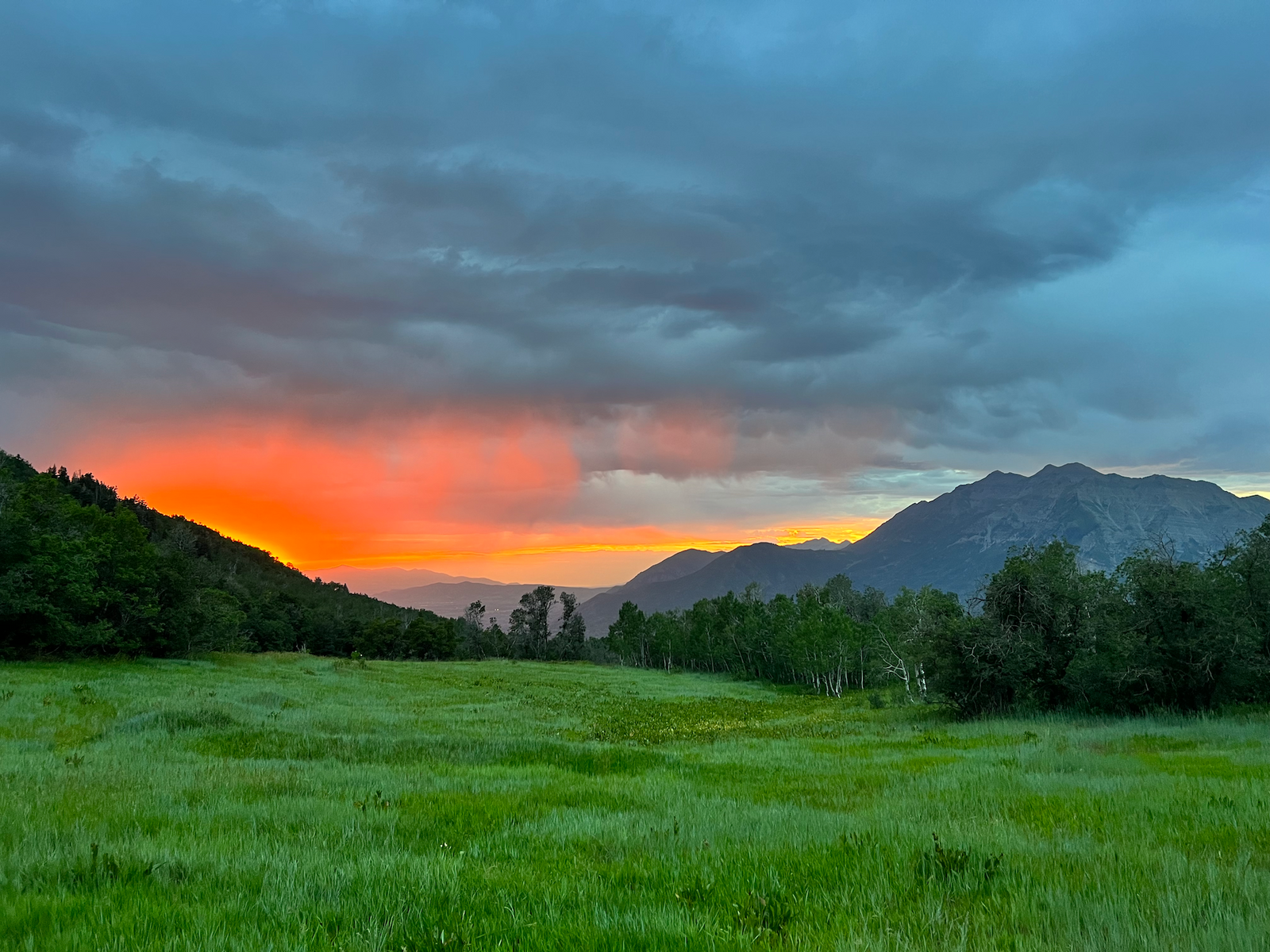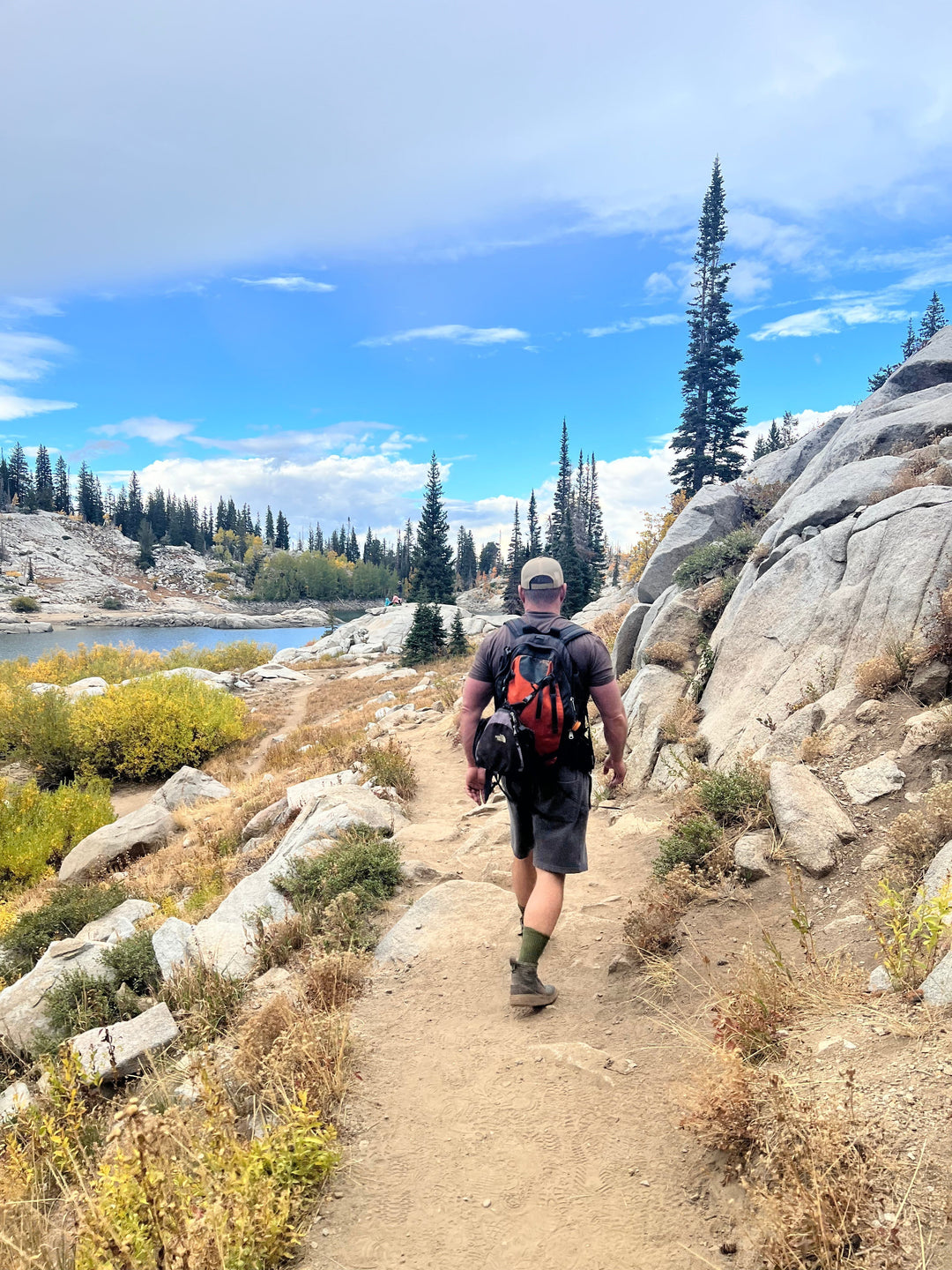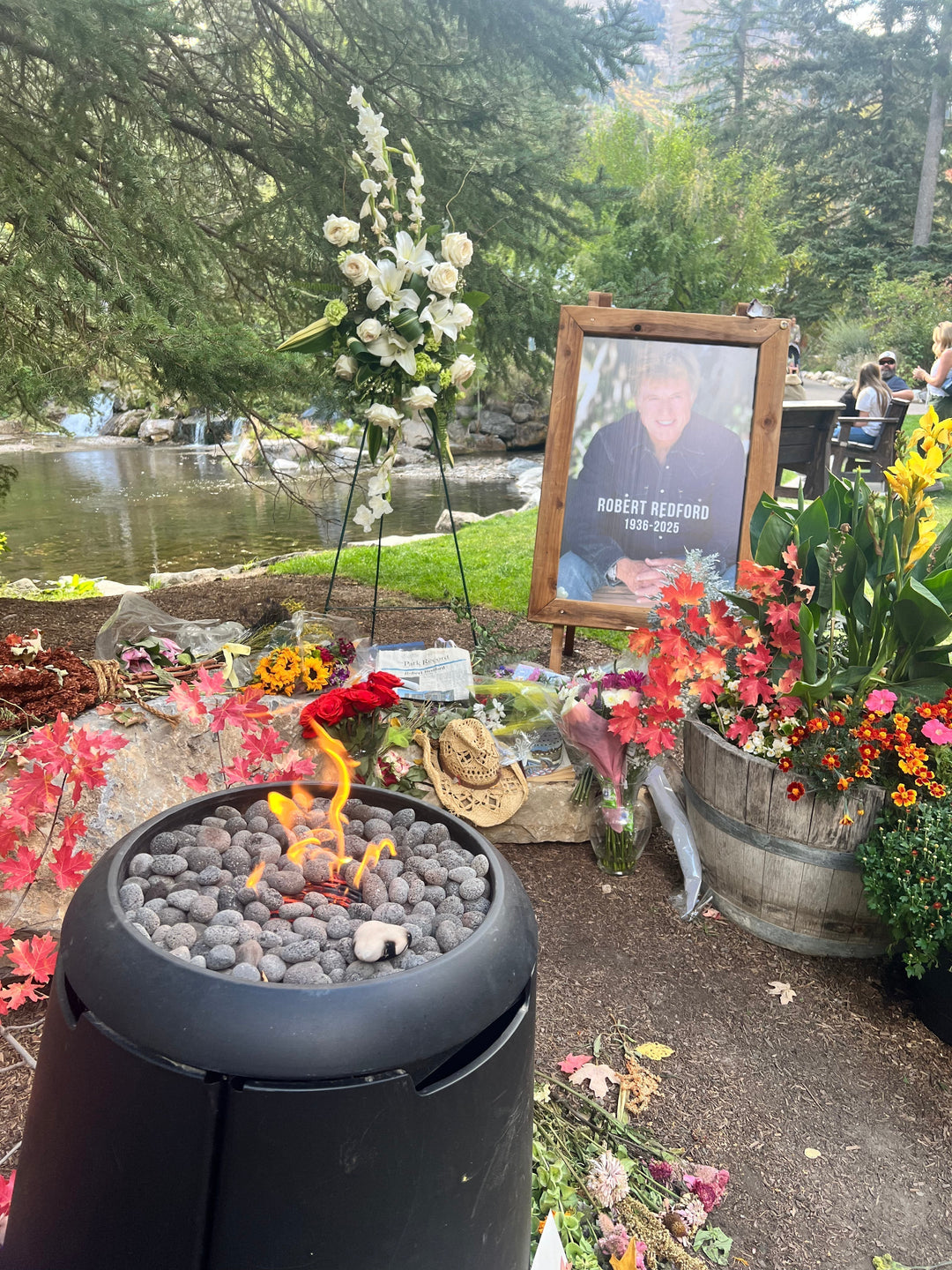Feeling stressed? Hit the trail. 🥾🌿

In today’s always-on world, chronic stress has become almost routine. Whether it’s work pressure, digital overload, or daily responsibilities, our bodies often react with elevated levels of cortisol—the hormone responsible for our “fight or flight” response. While helpful in short bursts, prolonged high cortisol can wreak havoc on our mental and physical health, contributing to anxiety, depression, poor sleep, and even weakened immunity.
Fortunately, one of the most effective—and accessible—ways to reduce cortisol is also one of the simplest: spending time in nature, especially through hiking.
🌲 The Cortisol-Calming Power of Nature
Multiple studies have shown that walking in natural settings has a direct impact on cortisol levels. A 2019 study published in Frontiers in Psychology found that just 20–30 minutes of “nature therapy”—defined as time spent in a natural environment without electronics—resulted in a significant drop in cortisol.
Similarly, research out of Japan on shinrin-yoku, or “forest bathing,” has shown that walking in wooded areas can lower cortisol, blood pressure, and pulse rate, while boosting mood and feelings of calm. Unlike a typical workout, hiking combines gentle movement with sensory immersion, which further soothes the nervous system.
🧠 Why Hiking Works
Hiking offers a unique blend of physical exercise, mindfulness, and natural exposure that helps:
-
Activate the parasympathetic nervous system, promoting relaxation and recovery
-
Reduce rumination and negative thought patterns by shifting focus to the external environment
-
Decrease cortisol secretion through the calming effects of natural scenery and rhythmic motion
When we hike, especially in green spaces, our brains interpret the environment as safe and non-threatening, which sends signals to reduce stress hormone production.
☀️ Bonus: Natural Light & Vitamin D
Hiking also exposes you to sunlight, which not only helps regulate your circadian rhythm but also supports vitamin D synthesis. Low levels of vitamin D are linked to mood disorders and higher cortisol levels, so a little sun on the trail can go a long way for mental clarity.
Get outside. Breathe deeply. Let nature do its work. 🌲🧠💚







Leave a comment